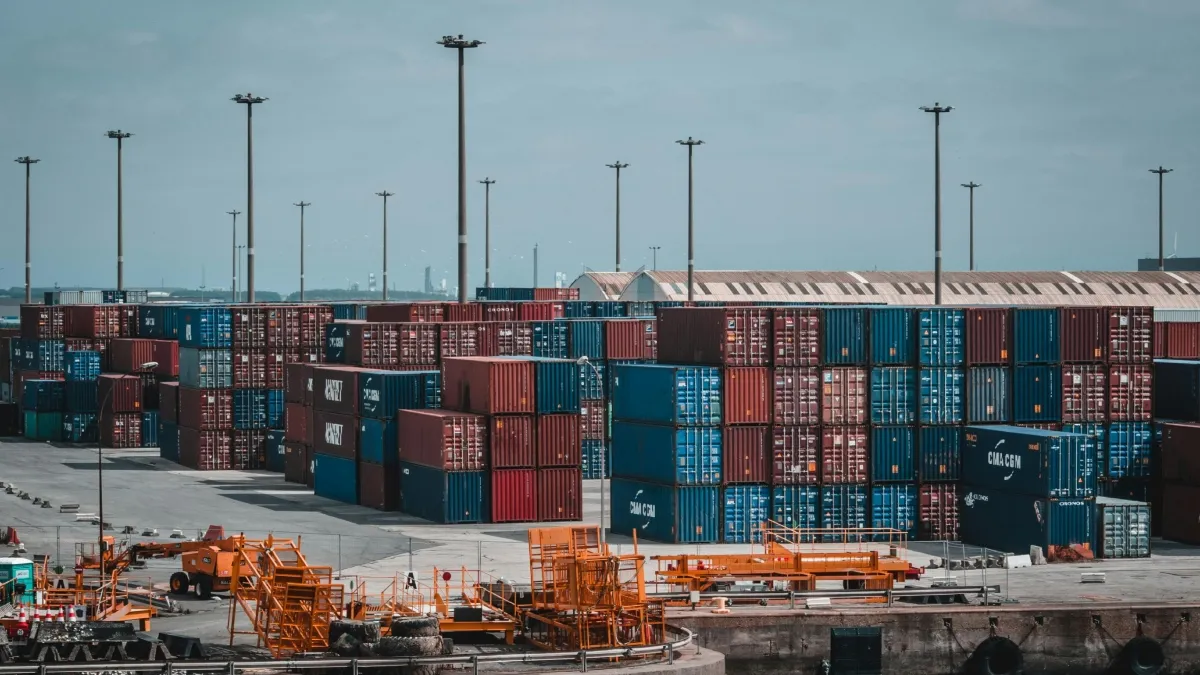
Pakistan’s imports and exports affect as India bans transshipment of cargoes via its ports
MUMBAI : Pakistan’s exports and imports are facing a major problem as India is refusing transshipments of cargoes emanating from Karachi or Qasim, or the South Asia Pakistan Terminal into any of its ports.
This has led to most of the shipping lines suspending direct services of mother vessels to and from Pakistan and deploy feeder vessels to Pakistani ports and terminals, media reports from Islamabad said.
A shipping company official from Mumbai confirmed that ships that have visited Pakistan are not being allowed into any Indian port for security reasons. The reverse is also happening. The problem due to this is that shipping liners have cancelled direct vessels, which will lead to a delay in shipments, lower capacity and increased costs.
The problem for Pakistan’s trade is that India’s Mundra Port is used mainly for shipments to Europe. Pakistan has been denied access now.
Emergency levy
Shipping companies are now using Colombo, Salalah, and Jebel Ali transhipment terminals to send consignments to Pakistan. Adding to Islamabad’s woes, shipping companies have begun to levy emergency operational surcharges.
“The other related issues that have emerged now. Insurance charges have increased for vessels heading to Pakistani ports. Parties that enter into any shipping deal with Pakistani sellers are demanding bank guarantees. These are adding to their woes,” said a trader.
“Pakistan’s exports and imports are in a state of jeopardy. The impact of supply chain disruption from energy to agri inputs, including water, is likely to create deep socio-economic fault lines,” said New Delhi-based trade analyst S Chandrasekaran.
Pakistan’s economy, which is already reeling, will likely face issues in imports of key equipment, raw materials and machinery, while exports of grains and textiles are likely to be affected. It comes at a time when its rupee is depreciating against the dollar. This week, it dropped to PKR282.77 against the dollar compared with PKR 280.79 on April 30.
Chinese shipping firms such as COSCO and OOCL suspended their operations after India’s action against terror camps in Pakistan on May 7, but COSCO was set to resume operations from Hong Kong to Karachi on Thursday.
Edge for Indian rice
The Indian action has now led to a backlog of export containers at various terminals in Pakistan. A Karachi port note said there were 2-3 delays under the general category, as log and rice vessels have queued up in good numbers. For vessels that have priority anchoring, the delay is one day.
“Delays may vary at short notice, in the coming days, depending on fresh declarations being made, for arrival,” the note said.
Pakistan’s shipping woes are expected to give India an edge in the rice market in particular. “Indian basmati prices have increased by 20 per cent in the past few weeks, following the dispute with Pakistan,” said New Delhi-based exporter Rajesh Jain Paharia. Indian basmati rice prices, which were ruling around $850 a tonne, have now increased to 1,050-1,100 a tonne free-on-board. Pakistan is quoting the fragrant variety at $1,075.

